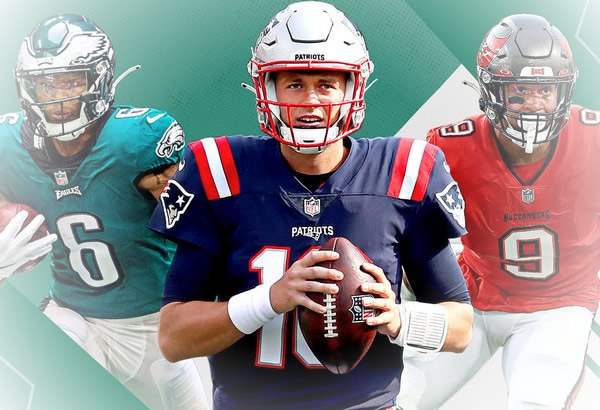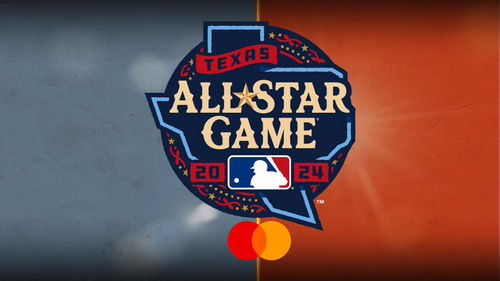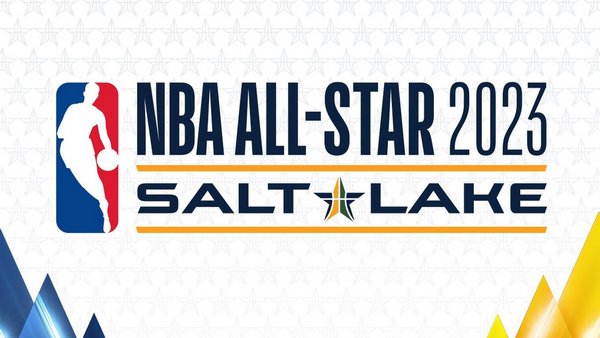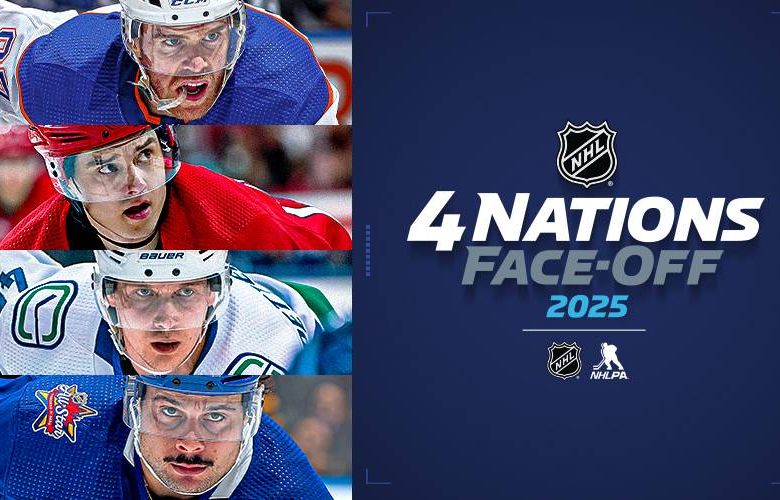How the Latin American and Caribbean Presence Has Shaped the MLB

Latin America is an area rich in cultural and sports history - and is certainly a great influencer when it comes to the MLB (Major League Baseball). The sports world has been shaped in various ways with the Latin American and Caribbean presence - from broadcasting of games, to global acquisition of talent, to rules and regulations related to international signings - and has brought tremendous benefit to the Major League. Let’s take a look at how the Latin American and Caribbean presence has shaped the MLB.
History
The Latin American and Caribbean presence in the MLB can be traced all the way back to the 19th century. During this period, Latin American players were recruited by MLB teams in an effort to expand the game beyond US borders. After all, the existing player pool in the US was simply not large enough to sustain the demands of a burgeoning professional sport. Over time, more Latin American players started signing to teams in the MLB, many of whom would eventually be inducted into the Hall of Fame. Among them are Cuban catcher Mike Gonzalez (HOF class of 1971), Venezuelan catcher Tony Perez (HOF class 1997), Dominican pitcher Pedro Martinez (HOF class 2015), and Cuban pitcher Ramon Martinez (HOF class 2020).
Impact of Latin American and Caribbean Presence
The presence of Latin American and Caribbean players in the MLB, both past and present, has had a tremendous impact on the game both on and off the field.
On the field, MLB teams have become increasingly cognizant of the international talent pool and have gone on to acquire players from Cuba, the Dominican Republic, Venezuela, Nicaragua, and other Latin American countries. This has had a profound effect on the game, as it has helped to bring in more skilled players, which in turn has helped to raise the bar on the quality of play.
At the same time, MLB has also implemented a number of rules and regulations related to international signees, such as the “J2 Rule”. This rule states that teams must adhere to a set number of spending limits pertaining to international signees. This is done in order to create a fair and competitive market, while at the same time ensuring that all international signings are done in accordance to the league’s regulations.
Off the field, the Latin American and Caribbean presence is also felt. Broadcasts of Latin American and Caribbean games have become increasingly popular in the US, allowing viewers the chance to see first-hand the incredible talent from these regions. Additionally, MLB teams have also taken to promoting these players on their own, dubbing them “stars of the game” and giving them the recognition they deserve.
Moreover, baseball has also served as a vehicle for Cuba-U.S. diplomacy. Since the relationship between the two countries had been strained for years, MLB organizations have opened the door for diplomatic talks through the sport. Thus, sports diplomacy has helped to bridge the gap between the two countries, thus proving an effective conduit for communication and collaboration.
Discussion
Though there are many benefits to the Latin American and Caribbean presence in the MLB, there are also some challenges that have arisen. One such issue pertains to language barriers, which can often lead to issues regarding negotiating player contracts, communicating team strategies, and offering guidance and support. Similarly, many Latin American and Caribbean players may also find it difficult to adjust to a new culture and lifestyle, which can in turn lead to a longer-than-usual integration period for the player.
The benefits, however, far outweigh the challenges. For MLB teams, tapping into the Latin American and Caribbean regions has become a must, as it provides them with an even larger pool of highly skilled players to choose from. Moreover, having Latin American and Caribbean players in the MLB is also of tremendous benefit to the US—it fosters cultural exchange, encourages civic integration, and helps build bridges between different countries.
Conclusion
The Latin American and Caribbean presence in the MLB has certainly had a powerful impact on the sports world. From helping to bring the game to a global stage, to the implementation of the “J2 Rule”, the Latin American and Caribbean presence has certainly helped to shape the Major League in numerous ways. Yes, there have been some challenges that have come with such presence, but the benefits far outweigh them. As such, the Latin American and Caribbean presence in the MLB should be celebrated and embraced.

















































































































.svg-50x50h.jpg)
















Leave a Comment